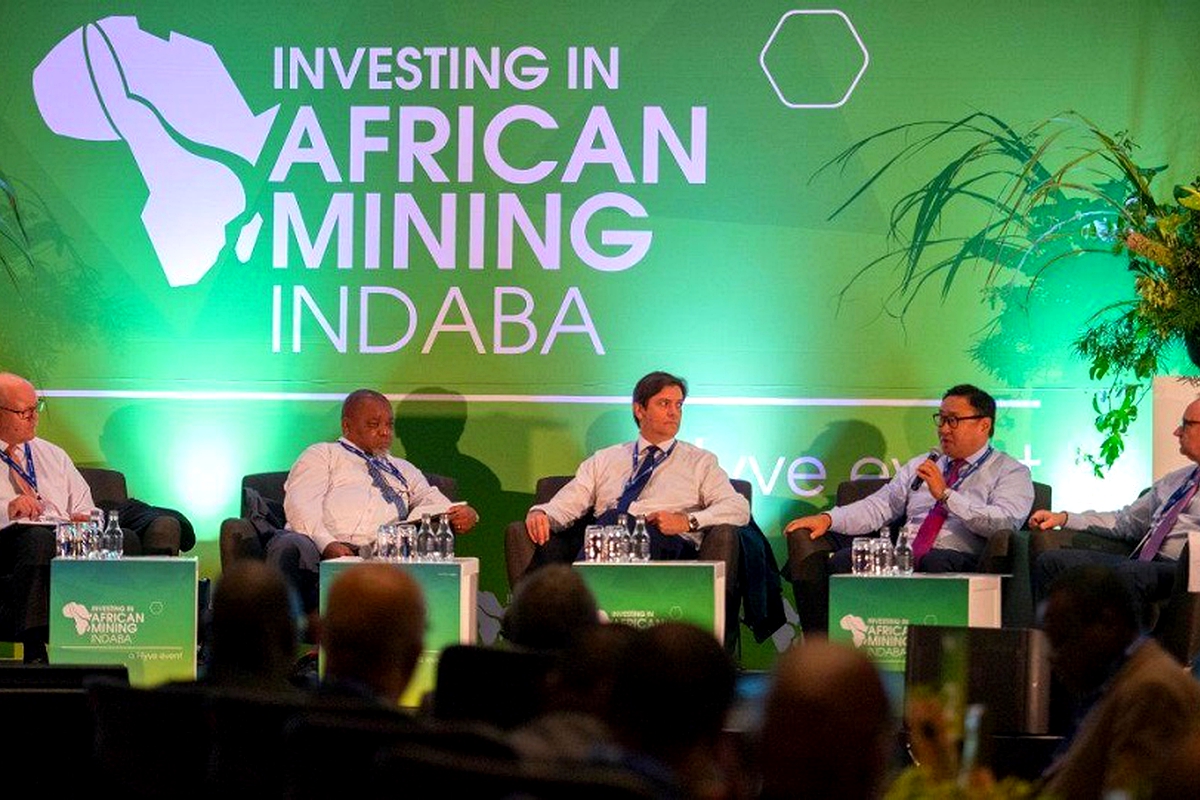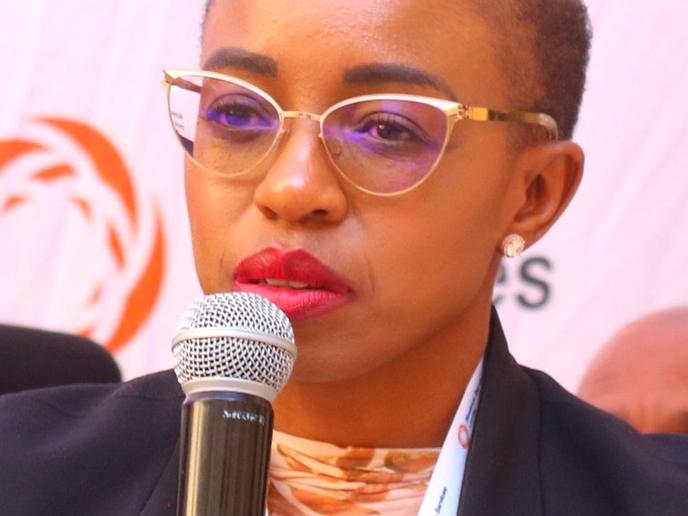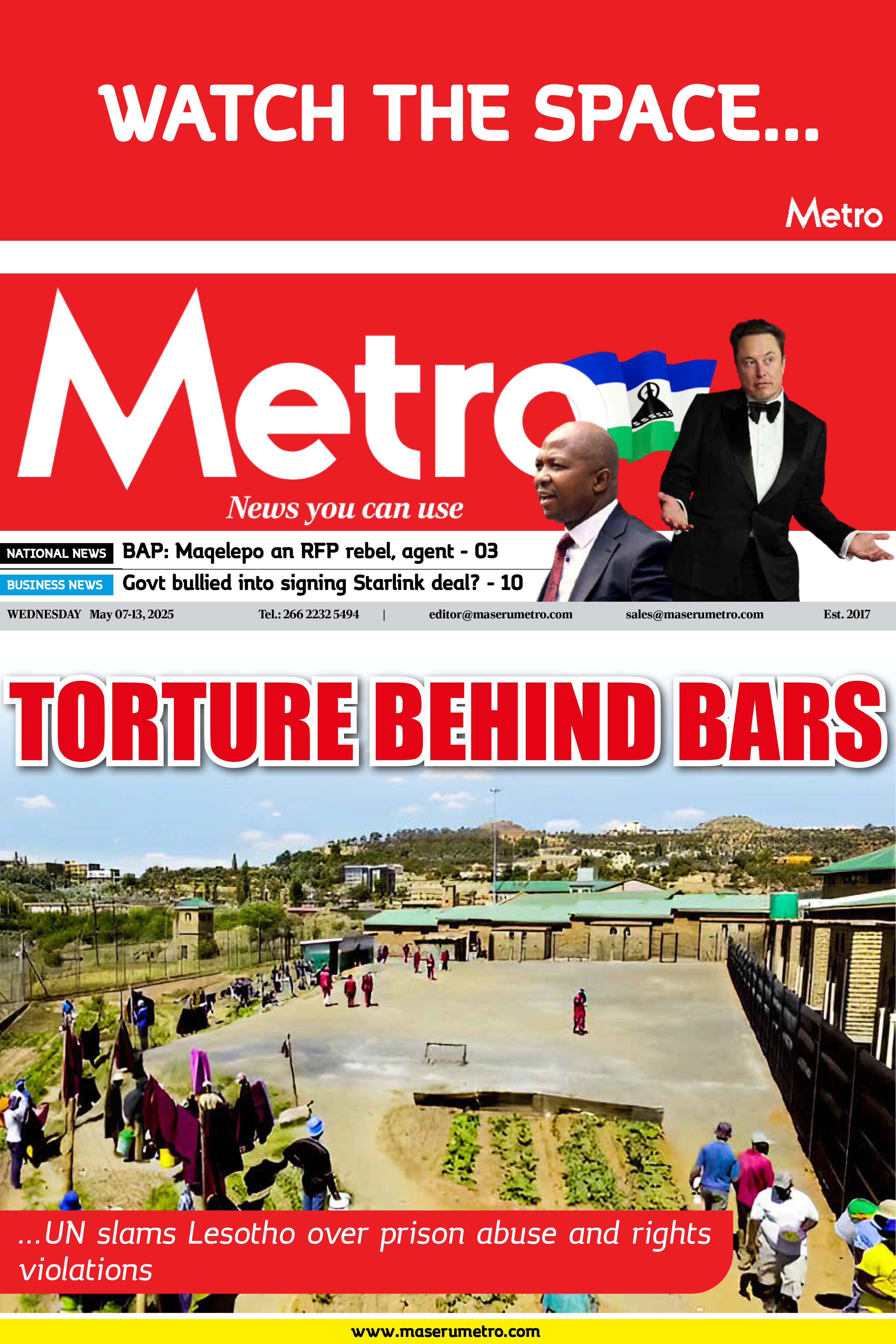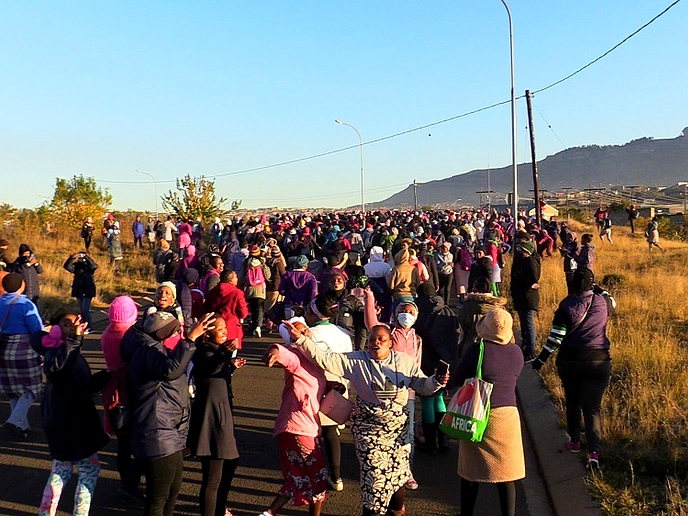MINING heavyweights convened in Cape Town this week for yet another bout of mining industry offerings in opportunities and investments presented by African economies.
business
May 13, 2022
NTSAU LEKHETHO
5 min read
Mining Indaba calls for energy investors

Delegates at the African Mining Indaba 2022
Story highlights
Mining Indaba 2022 brought together heads of states, mining bosses, mining companies, investors, government officials, service providers, and thought-leaders across one week of networking, insights, and business development opportunities.
The four-day mining investment summit attracted around 6 500 delegates and looked at the theme: “Evolution of African Mining: Investing in the Energy Transition, ESG, and the Economies”.
ESG stands for Environmental, Social, and Governance. Investors are increasingly applying these non-financial factors as part of their analysis process to identify material risks and growth opportunities.
It is not known for sure whether Lesotho was party to this summit following its efforts to improve electricity access to thousands of Basotho living in the rural and peri-urban areas.
In 2020, Lesotho signed a US$40 million (M640 million) loan with the World Bank to finance its renewable energy project also aimed at upgrading the Lesotho Electricity Corporation (LEC) hydro based mini-grid in Semonkong to provide additional connections to both household and commercial customers, as well as metering solutions for new and existing customers.
In 2021, multinational energy company, Frazer Solar slammed the Lesotho government with US$61 million (M976 million) lawsuit that could see the country’s global assets seized after contract breach.
Frazer Solar was awarded damages after it won an arbitration proceeding in South Africa.
Frazer said it signed an agreement in 2018 with Lesotho to provide as many as 40 000 solar water-heating systems, 20 megawatts of solar photovoltaic capacity, one million LED lights and 350 000 solar lanterns.
Not only is Lesotho battling its energy woes but the country is distraught with its vague and unclear diamond mining policies too.
In April, the Senate rejected the Diamond Mining Amendment Bill 2021, saying it did not explicitly spell out its intentions to qualify only indigenous Basotho for licensing in small-scale diamond mines.
There was fear that naturalised Basotho such as Chinese, Indians and Pakistanis would take over the artisanal mining industry as they have monopolised other sectors of the economy including commercial land, property and trade.
Minister of Mining Serialong Qoo and his Communications, Science and Technology counterpart Tsoinyana Rapapa, could not be reached for comment on Wednesday to verify whether or not Lesotho was represented at the Mining Indaba 2022.
Mr Rapapa is also the government spokesperson.
In Cape Town, South African President Cyril Ramaphosa said the big neighbour’s energy landscape was being fundamentally transformed to introduce greater competition, more diverse energy sources and greater security into the future.
He said the unbundling of Eskom into separate entities for transmission, distribution and generation was on track, adding that it was set to be completed later this year.
Enjoy our daily newsletter from today
Access exclusive newsletters, along with previews of new media releases.
“We are committed to mobilising the necessary resources and providing the necessary incentives for a new wave of exploration, particularly of the minerals required for the global energy transition,” Mr Ramaphosa said.
For his part, Botswana President, Mokgweetsi Masisi said it was sad to see many African countries continue to be poor despite having rich minerals that had not been exploited, adding that there was a need to devise collective mechanisms that would help resolve the challenges of low mining exploitation.
He said the discovery of diamonds had played a leading role in taking Botswana from being one of the poorest countries to one of middle income status, where his government is mounting a significant investment into pre-composition data in order to showcase the potential of the country and encourage investment.
While Botswana has large deposits of diamonds, the country also has reserves of coal, gold, nickel, uranium, magnesium and iron ore.
Mr Masisi said the positive prospects of the mining sector was expected to continue in 2022 in line with the increasing demand for diamonds and the boost to copper production mounted in 2021.
“The government has gone to great lengths to create an environment conducive for investment,” he said. “We want to extend to all an invitation to visit Botswana and invest in the vast amount of mineral resources”.
Zambian President Hakainde Hichilema said Africa would always remain a preferred investment destination in mining production and its value chain due to its rich endowment in natural resources.
For instance, he said Zambia and the Democratic Republic of Congo (DRC) alone accounted for 70 percent of the world’s copper production, an indication that Africa was the mining hub of the world.
“Zambia has started reforming its mining sector in order for the country to maximise its potential for economic development,” Mr Hichilema said.
“The African leadership also needs to work together and ensure that there are sustainable deliberate efforts to make the industry attractive not only to foreign but also to local investors for the benefit of the continent.”
Mr Hichilema said Zambia was currently addressing the many challenges that disturbed the growth of the mining industry thereby affecting economic development of the nation.
He said the changes in the mining licensing and the launching of an online payment portal to curb corruption were some of the measures that government was taking to improve the mining sector.






